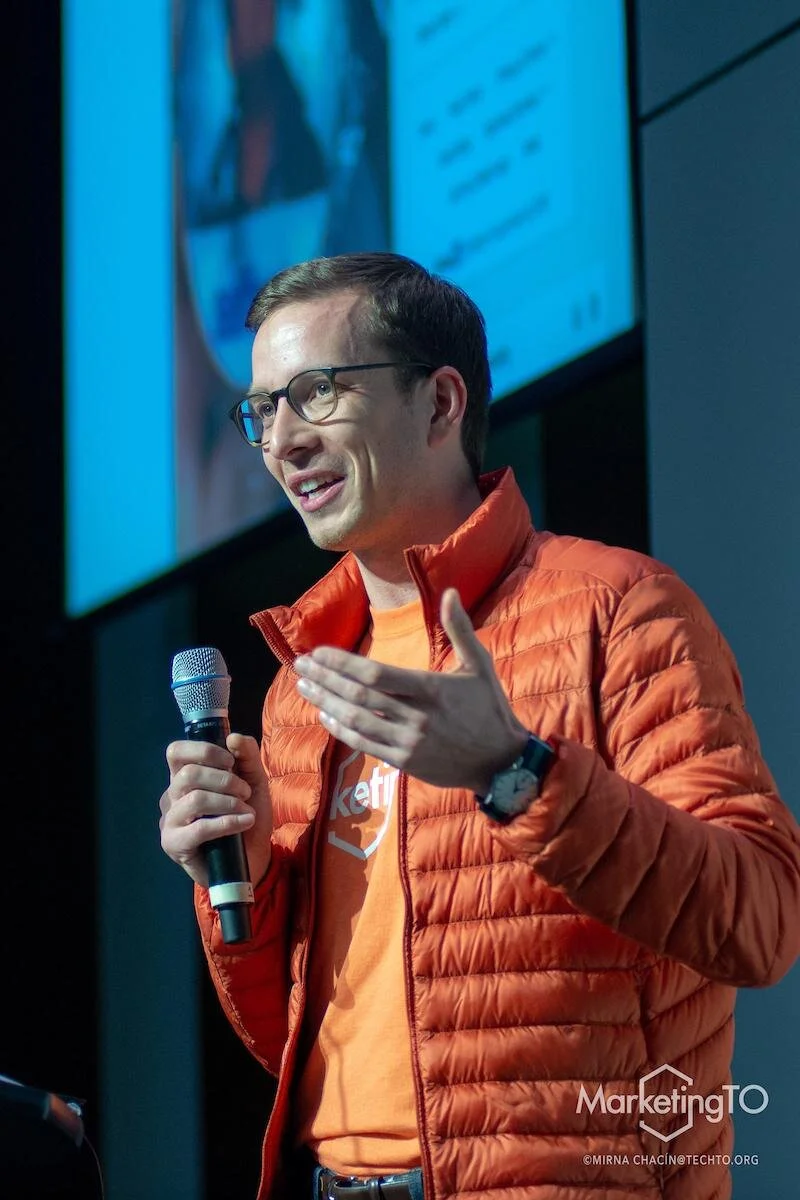It’s been almost 18 months since I stepped into the role of CEO at StackAdapt. This is the first time I’m writing about the new role and what it’s been like.
My Interview on Supermanagers Podcast
Things I Underestimated About Growing a Business
Interpreting The Art of War for Business: Momentum
Written 2500 years ago, The Art of War originally served as a military treatise addressing a host of skills related to military strategy and tactics. Today, a quick internet search revealed that its insights have been revived and repurposed to find new applications in the world of business. The chapter, and specifically a paragraph, that I would like to discuss is on the subject of Momentum.
Rethinking Corporate Travel Post-Covid-19
Last year was the first time my wife brought up the consideration that flying was contributing to our carbon footprint. While over the past few years we had been actively trying to reduce our footprint by buying local, using less packaging, and cutting out meat from our diet, I struggled with imagining a world in which we flew less.
My Interview with Authority Magazine
Building The Agency Model of The Future (Peter Reitano)
This article originally appeared on BetaKit. In this interview I spoke to Peter Reitano, CEO of Abacus, an “ad tech/agency” focused on growing startups and helping big brands solve their marketing problems. We talked about the agency model of the future, how technology empowers and automates creative, and the concept of the “ego-less” marketer which I found very interesting.
Startup Lesson 6: Growth is a Conscious Effort
I’ve always wondered how people seemingly become fully functioning, responsible adults overnight. But during my last 3 months of destressing I’ve come to realize that this is not the case. Even if success appears to be instantaneous, for yourself and others, a series of many conscious (and often not the most pleasant) choices are what get people there.
Reduce Startup Risks 04 (Video): Make Product Management Your Competitive Advantage (Adam Jarczyn)
Product managers and their teams are often at risk of being pulled in eighteen different directions at once. For our latest RSR interview, I sat down with Adam Jarczyn, SVP Operations and Product at #Paid to learn how to cut the distractions and make your product team part of your competitive advantage.
Startup Lesson 3: Build Your Onboarding Program from Day One
When we started StackAdapt four years ago, our onboarding process was much like many other startups’: Bring your own laptop… Here is your desk… Please shadow this guy.” It wasn’t until a couple of years in that we realized we were doing it wrong. Of course, employee onboarding, like many things, is always work-in-progress, but here are some tips for avoiding the mistakes we made in the early days of welcoming and educating new staff.
Reduce Startup Risks 02 (Video): Product-Market Fit and Pivots (Ivan Tsarynny)
Finding product-market fit should be #1 priority for every startup. It's a race against time to find it before you run out of money. Pivots are an inevitable part of it, and as a founder, you should get comfortable with changing and moving very fast. Surprisingly, aside from Andreessen Horowitz, very few people talk about these topics. That's what makes this video so special.
A Guide to Getting Your First (or Sixth) Office
It all started four years ago in my kitchen. Fast forward five (five!) offices later and we occupy a 9,000 sq. ft. office in the heart of Toronto’s startup hub. And, believe it or not, we are moving into a 16,000 sq. ft. space in 3 months. What have I learned from moving offices six times? A lot. In the spirit of paying it forward, here is everything I’ve learned about business real estate.
Startup Lesson 2: Work from the Fundamentals
Some things change, some things stay the same. This simple idea can help you build your startup into something that will stick. At StackAdapt, two fundamental concepts help us uncover opportunities and decide our company’s direction. Differentiating between and acknowledging finite trends and universal truths will impact how you view your product, industry, and customers and help decided the direction of your business.
















